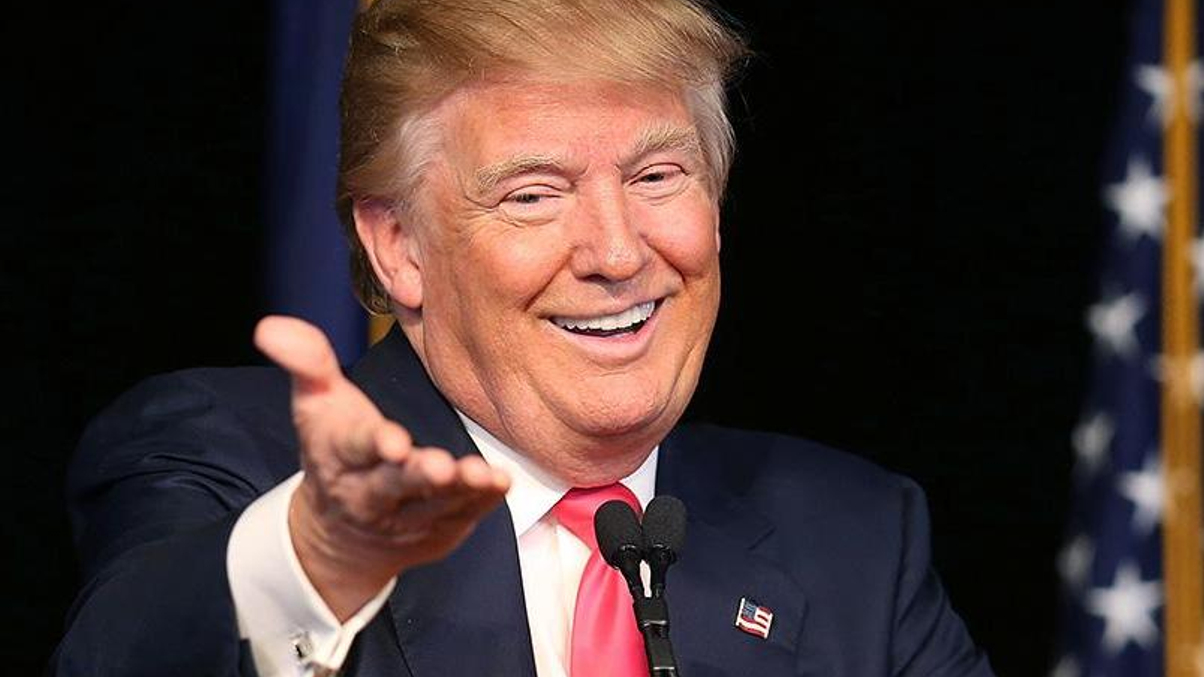Cathay Life, Taiwan Life keep faith in bonds amid global rout
The two insurers argue that a US rate hike will boost bond returns, despite Donald Trump's planned tax cuts and stimulus measures appearing to favour other asset classes.

Taiwanese insurers Cathay Life and Taiwan Life say they will continue to buy foreign debt – notably US bonds – even as investors flee the asset class in droves.
Sign in to read on!
Registered users get 2 free articles in 30 days.
Subscribers have full unlimited access to AsianInvestor
Not signed up? New users get 2 free articles per month, plus a 7-day unlimited free trial.
¬ Haymarket Media Limited. All rights reserved.


